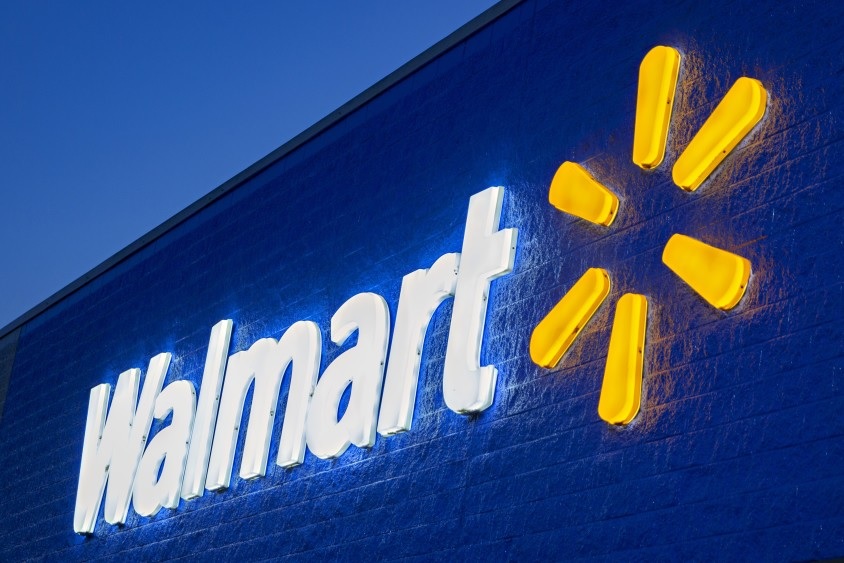Walmart Allocates over $1 Billion to Renewable Energy, Sustainable Buildings, Circular Economy


Walmart announced the release of its first Green Bond Impact Report, indicating that the company has allocated $1.1 billion in green bond proceeds, with top investment areas including renewable energy, sustainable buildings, and waste reduction and circular economy initiatives.
The report comes a year after the issuance by Walmart of its inaugural green bond, raising $2 billion to fund projects aimed at advancing the company’s sustainability goals. The company’s goals include achieving zero emissions across operations by 2040 without the use of carbon offsets, powering facilities with 100% renewable energy by 2035, and electrifying and zeroing out emissions from its full vehicle fleet by 2040.
Eligible categories for investment under Walmart’s green bond framework include renewable energy, high-performance buildings, sustainable transport, zero waste, and circular economy, water stewardship, and habitat restoration and conservation.
According to the report, which includes expenditures from February 2020 through January 2022, Walmart allocated $378 million to renewable energy, including solar and wind power purchase agreements, virtual purchase power agreements, and onsite solar and wind projects. The company generated over 4 million MWh of renewable energy in 2021, saving nearly 2 million metric tons of CO2e. Walmart has set an interim goal to power 50% of global operations with renewable sources by 2025, and reached 46% by the end of 2021.
High-performance buildings received the second highest allocation of green bond proceeds, reaching over $338 million. One of the key projects highlighted by the report was the ongoing construction of Walmart’s new home office campus in Bentonville, Arkansas, with the company allocating more than $33 million to procure materials with potential sustainability benefits, including mass timber. Other investments in the category included efficient lighting and HVAC upgrades, sustainable building materials and refrigeration retrofitting.
Walmart also allocated over $307 million to “zero waste and circular economy” projects, including programs aimed at turning recycled waste streams into new products, and tire recycling programs at Sam’s Club and Walmart auto centers. In 2021, according to the report Walmart diverted 3.2 million tons of cardboard from landfill, and more than 178,000 tons of tires.
Additional allocations included $66 million to test new sustainable transportation solutions, such as hydrogen-powered forklifts, $7 million to habitat restoration and conservation, and $3 million for water stewardship projects.
Click here to access Walmart’s green bond report.
The post Walmart Allocates over $1 Billion to Renewable Energy, Sustainable Buildings, Circular Economy appeared first on ESG Today.